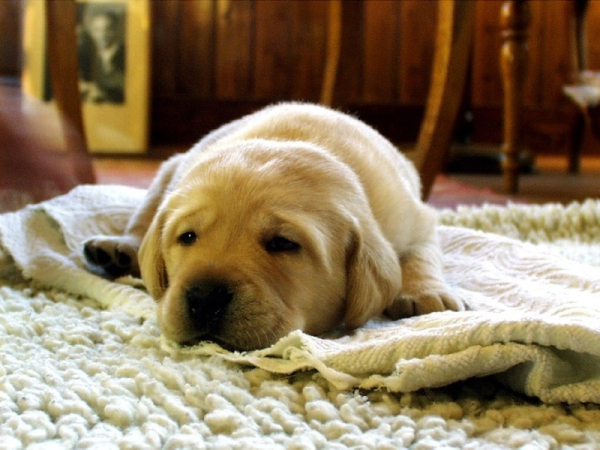
- Next Article Chief of Finnish Olympic Committee rejects calls to boycott Paris 2024
The holiday season is a time of joy and celebration, but it can also pose risks to our furry companions. The Helsinki Society for Animal Protection (HESY) has issued important guidelines to ensure a pet-safe Christmas, especially vital for families celebrating their first holiday season with a new pet.
Nina Immonen, the chairperson of HESY, emphasizes the importance of considering pet safety while preparing festive meals and decorating the home.
“We have identified potential hazards that pet owners can be aware of to reduce the risk of accidents during the holiday season. It’s also advisable for all pet families to have the contact details of the nearest animal emergency clinic that’s open during the holidays,” Immonen advises.
Decorations
- Tinsel and shiny, dangling decorations, especially appealing to cats, should be avoided or placed out of pets’ reach. Ingested tinsel can cause intestinal blockages, requiring urgent surgery.
- Gift ribbons and bows should be promptly stored away or disposed of in a lidded bin to prevent pets from accidentally swallowing them, which can lead to choking or intestinal blockages.
- Glass, aluminum, and paper ornaments are best placed on higher branches of the Christmas tree. Curious pets might break these decorations, posing a risk of cuts or choking.
- Snow globes should be kept out of pets’ reach as the liquid inside, often containing glycerol or a small amount of ethylene glycol, is highly toxic to pets.
Lights and Candles
- Christmas lights can cause electric shocks and burns if chewed by curious pets. It’s essential to protect the cords or use battery-operated LED lights as an alternative.
- Candles should be extinguished when leaving the room and placed where pets can’t reach them, even when supervised, to prevent burns or fire hazards.
Christmas Tree and Plants
- The Christmas tree should be securely anchored to prevent toppling over and injuring pets. Cats especially may see the tree as a climbing challenge.
- Pets may be tempted to chew on pine needles and branches, which can irritate or injure their mouths.
- Many popular Christmas plants, such as hyacinths, amaryllises, lilies, and tulips, are toxic to pets. A pet-safe alternative is the Christmas cactus.
Festive Foods
- Many traditional holiday foods, like chocolate, xylitol-containing sweets, raisins, almonds, and leftovers with bones or fat, are harmful to pets. Ensure trash bins are secured, and pets cannot access these items.
- If serving alcoholic beverages, ensure drinks are not left unattended where pets can reach them.
Remember that decorations, strings, and holiday treats can still be dangerous even in the trash. When leaving home, dispose of garbage to prevent curious pets from investigating in your absence.
Giving Pets Time and Space Amid the holiday hustle, it’s crucial to remember that animals also need peace and their own space to retreat. Particularly shy pets like rabbits and cats might seek refuge under furniture, in a carrier, or in a separate room.
“Give your pet the gift of time,” Immonen suggests. “Instead of extra treats, offer a joyful play session where your pet sets the pace and duration!”
By following HESY’s guidelines, pet owners can ensure a safe and enjoyable holiday season for the entire family, including their beloved pets.
HT
- Next Article Chief of Finnish Olympic Committee rejects calls to boycott Paris 2024
Source: www.helsinkitimes.fi
